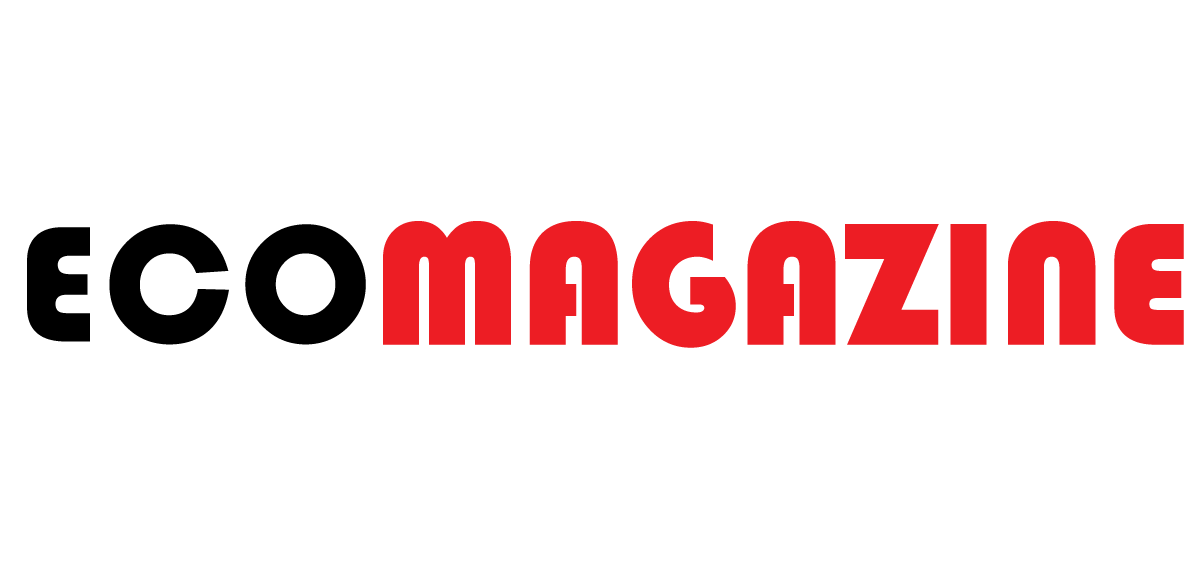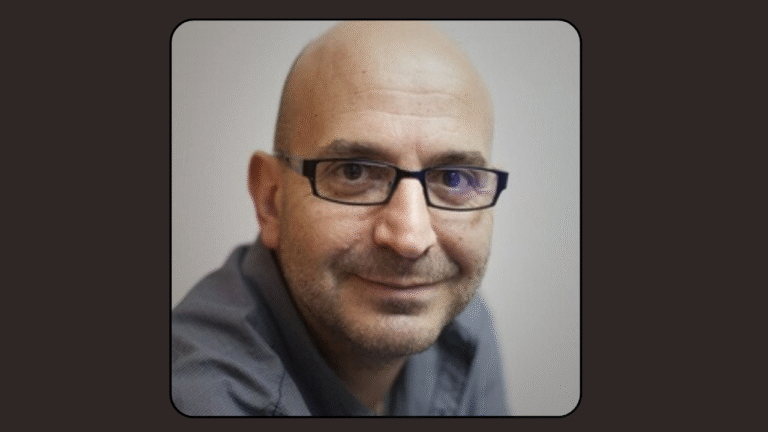Michael Georgy : The Face of Frontline Reporting
Michael Georgy is basically a legend in the world of journalism. He’s been with Reuters forever—like, I’m pretty sure he’s seen more war zones than most people have seen beaches. The dude dives headfirst into chaos: revolutions, bombed-out cities, weird political messes… you name it. He’s not the type to just parrot government statements from a comfy hotel bar, either—he actually gets out there and talks to real people, digs for details, and makes sense of the madness. And you can tell he actually cares; his stories aren’t just a stack of cold facts, there’s always a human core. If you want someone to cut through the noise and show what’s really happening in the Middle East (and beyond), Georgy’s your man.
Michael Georgy Early Career: An International Foundation Based on Reporting
Georgy’s interest in overseas events caused him to enter Reuters early in his career. Honestly, the guy jumped headfirst into foreign correspondence—couldn’t resist the buzz of chasing stories that didn’t care about borders. First gigs? All over the map. Think Gulf, Lebanon, late ‘90s chaos. Then London in the early 2000s, getting knee-deep in OPEC drama and energy market madness. Those early days weren’t just about racking up air miles; they basically turned him into a storytelling Swiss Army knife. He learned to break down wild international shifts without missing a beat. That’s where the real edge kicked in.
Michael Georgy Rising Through the Ranks: Conflict, Energy, and Leadership
With his early worldwide postings, Georgy moved on to more responsible positions:
Energy Correspondent, London (2000–2003): Georgy didn’t just churn out dry updates about OPEC—he actually made the oil markets interesting (which, honestly, is a feat in itself). His scoops? Yeah, they got both the finance nerds and the political junkies buzzing.
Senior Correspondent in Iraq (2003–2006): And then boom, straight into the chaos of Iraq during the U.S. invasion. Georgy’s coverage? Right in the thick of it, boots on the ground. He captured the mess and heartbreak without sugarcoating, but still kept it human. Not an easy balance, trust me.
Deputy Bureau Chief, Southern Africa (2006–2009): After that, he didn’t just chill—he jumped over to Southern Africa and shifted gears again. Zimbabwe’s elections, South Africa’s drama, you name it—he was all over it, proving he could roll with whatever the news gods threw his way.
So yeah, this guy isn’t just another reporter ticking boxes. He’s the sort who can steer the story, even when things go sideways. That kind of adaptability? Pretty rare. Subsequently, he assumed senior-editorial positions, including working together with Gulf bureaus and editorial leadership alongside principal colleagues.
Middle East Focus: Bureau Chief and Lead Writer
Georgy has covered the Middle East for over 20 years. So, here’s the deal—Georgy’s had some pretty wild gigs. First, he ran the show as Bureau Chief in Pakistan and Afghanistan from 2011 to 2012. That meant chasing political drama, dodging militant crossfire, and basically living in the middle of South Asia’s endless soap opera.
Then, fast-forward to 2013, he’s shipped off to Cairo to head up Egypt and Sudan coverage. The Arab Spring hangover was in full swing, the region was a mess, and Georgy’s job? Untangle it all for Reuters. Sounds relaxing, right? He helped steer their coverage as the whole political landscape kept shape-shifting every other week.
Now, he’s the Middle East Lead Writer. That’s a fancy way of saying he’s neck-deep in everything from terrorist groups to oil drama, humanitarian trainwrecks, and whatever regional leaders are arguing about this week. He’s the guy who explains the chaos when everyone else is just yelling.
Want some highlights? Okay. When Iraq and Syria were blowing up (sometimes literally), he was there, digging up stories on ISIS—chatting with diplomats, security bigwigs, you name it. Oh, and when Yemen’s Houthis made headlines?Georgy’s the dude who actually speaks human, you know? He’s not just regurgitating headlines or whatever the hot take of the day is. He’ll dive straight into the chaos of Arab–Palestinian politics and break down how the Gulf states and Palestinian groups are really interacting (and, wow, it’s a tangled mess—don’t let anyone tell you otherwise).
At the end of the day, Georgy isn’t just tossing news stories at you. He’s out here turning all that craziness into stuff regular folks can wrap their heads around. No wonder nerds at think tanks and academics are always citing his stuff.
Michael Georgy Style and Ethos: Ethics at the Forefront
Michael Georgy doesn’t just sit behind a desk spitting out takes—he’s actually out there, knee-deep in the mess, talking to people and seeing things for himself. He’s allergic to armchair commentary. You’ll catch him chasing down the real stuff, fact-checking like a maniac, and refusing to just settle for rumors.
And when it comes to his stories? They hit different. He’s got a knack for digging into the raw, emotional guts of conflict, but he doesn’t milk suffering for clicks. You get the heartbreak and the hope. He’ll show you the tears, sure, but also the grit and stubborn humanity in the middle of chaos.
Ethics? The guy’s got a spine. He’ll bend over backwards to protect his sources, keeps it real with his readers, and never shies away from the ugly truth—though he knows when to draw the line and not turn tragedy into cheap spectacle. Every call he makes, he gets that there’s real weight behind it. It’s not just news—it’s people’s lives.
Mentorship and Industry Influence of Michael Georgy
He is not only a storyteller but also a mentor. Within Reuters and in broader journalistic circles, Georgy has:
Led younger journalists through assignments.
Spoken at conferences and universities about reporting ethics and safety in hostile environments.
Shaped newsroom practices by promoting speed combined with depth in reporting on rapidly unfolding events.
His focus on balanced and empathetic reporting affects a generation of reporters covering today’s fast-changing media environment.
Personal Dimensions: Resilience Amid Hardship
The psychological cost of war reporting is massive—Georgy is no exception. Although he keeps his private life under wraps, he has admitted the psychological cost of frontline reporting, namely burnout, trauma, and the stress of making ethical choices. With all this pressure, however, his passion for the profession never wavers.
Recognition: A Career of Respect and Admiration
Michael Georgy has gained significant recognition, such as mention in global press-association circles and requests to give talks on media integrity. His work is regularly referenced in scholarly literature, policy reports, and humanitarian writings because it is balanced in tone and insightful—characteristics of journalism that counts. Although details regarding awards are not always released, his standing among colleagues is well-documented and well-deserved.
Michael Georgy Present Engagements: Meeting Emerging Crises
To date, mid-2025, Georgy remains in the lead on key Middle Eastern narratives. His recent credits are:
Islamic State’s rise in Syria and Iraq – chronicling plans and threats from interviews with security officials and diplomats.
Yemen’s Houthi movement in Israeli tightening noose – an explainer on the group’s connections and strategic position.
Hajj pilgrimage reporting – an overview during one of the world’s biggest religious pilgrimages.
UAE–US energy transactions and Iran diplomacy – jointly written reports on senior-level international dealings.
Michael Georgy work illustrates his continued pertinence in covering immediate crises alongside extended-term policy evolution.
Inheritance and Ongoing Impact of Michael Georgy
Michael Georgy impact is multi-faceted:
Field-Based Journalism: His steadfast dedication to frontline reporting remains an ethical model of open disclosure and compassion.
Ethical Leadership: From breaking news editing to educating journalists, Georgy has influenced newsroom cultures on depth, pace, and integrity.
Human-Empowering Stories: Through amplifying human voices, his journalism spurs public awareness and empathetic policymaking.
Mentorship: His mentoring of up-and-coming journalists will reverberate across generations, shaping media standards worldwide.
As our generation is plagued with overload and sensationalism, Georgy’s reporting is a shining star of trust designed to last.
Conclusion: A Journalist Who Makes Headlines Human
Michael Georgy is a quintessential journalistic spirit as a moral endeavor and international public service. His career spanning decades on multiple continents—and particularly on strife-torn Middle Eastern terrain—has married relentless integrity with warmth of humanity. He continues to influence Reuters’ news agenda and maintain a level of ethical and enriching reporting that counts.
While challenges like disinformation, conflict, and humanitarian crises continue to face us, reporters such as Georgy keep journalism a truth-teller—and a listener—to the world’s most powerful human narratives.


